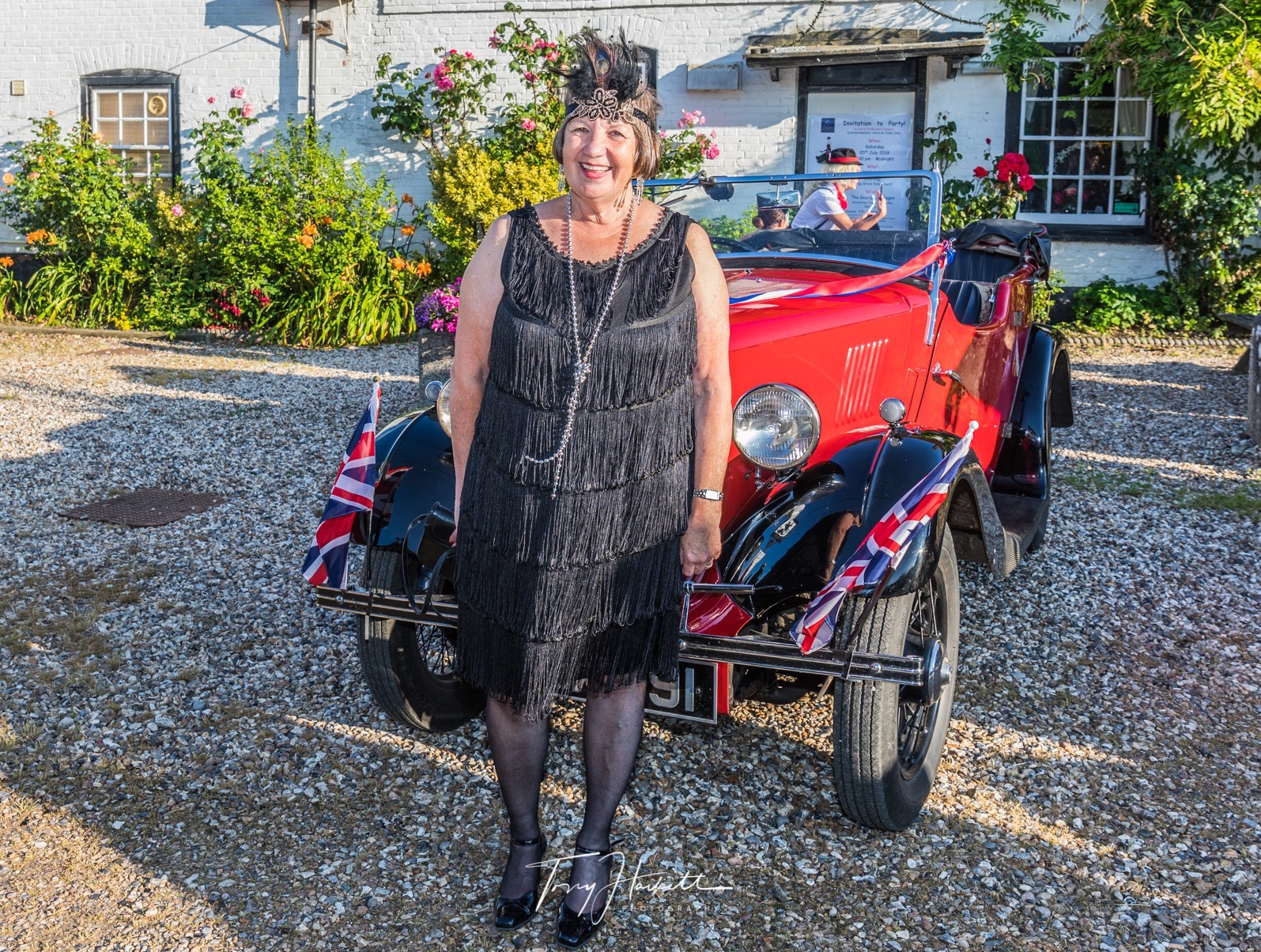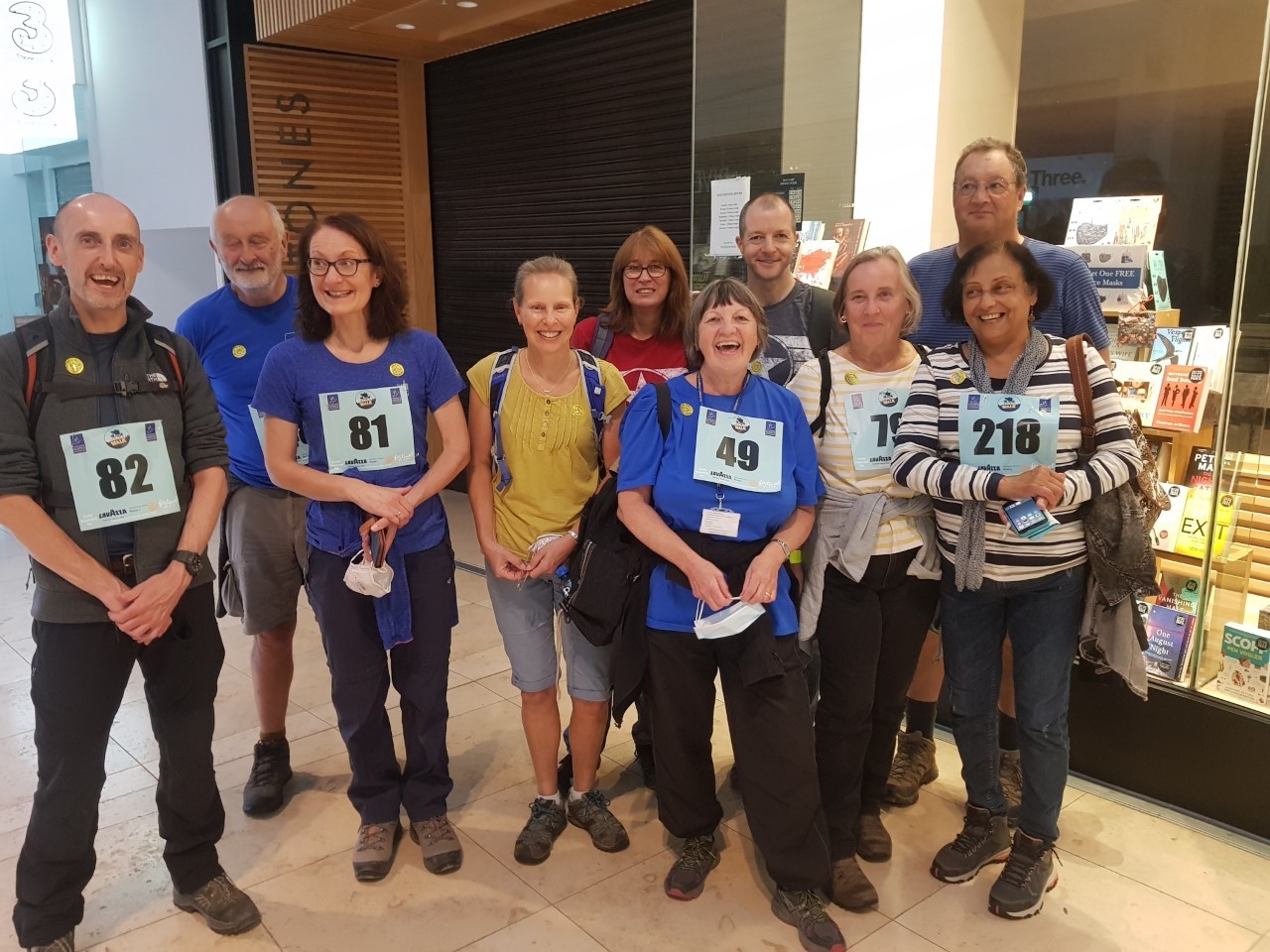
Bob’s Story
written by Bob's wife Rosie
Rosie Harle tells us about the care her husband Bob received over many years from the Hospice.
What most of us don’t understand, until we’ve experienced it, is that end of life care is a specific type of care. It isn’t about making someone better, it’s about having an understanding of the dying process and allowing a person at the end of his/her life to leave with dignity, in an environment of care and comfort, with people who respect and love them taking care of their every need.
Rosie Harle
I’m a very chatty person. I love meeting new people in shops, walking in my neighbourhood, standing in a queue or sitting in a waiting room. I will quite often smile and say “hello” to a stranger and we’ll end up sharing a few titbits about each other.
I find this contact brightens up my life. Sometimes, of course, I hear about sad and difficult situations. I can relate to these stories because I’ve been there. For eight years I cared for my husband, Bob, who had a rare neurological condition, Multiple Systems Atrophy (MSA), which, slowly at first, speeding up at an unbelievable rate in the last few years, took away his ability to move, talk, eat and breathe. His condition, of course, inevitably led to his death.
It is a sad, sad story but one of the most amazing things that came out of it was that we were introduced to the hospice movement and St. Michael’s. If you are reading this newsletter, you probably have a connection with St. Michael’s. You will know about the wonderful care the Hospice and their dedicated staff provide to people at the end of their lives. Quite often, towards the end, life has become very difficult at home or in hospital. However much a partner, sibling, son or daughter would like to care for their loved one at home, the reality of providing physical and emotional care is complex, difficult and exhausting.
People who have gone through this know how the Hospice provides a nurturing shelter when all seems black; how the patient living their last few weeks or days on this earth is cared for and comforted in every way; and, how the family carers can take a deep breath and relax and be the partner, son, daughter, brother or sister they’ve always been, and truly engage with their relative while others take the load. I can tell you all this because, of course, as soon as Bob arrived at the Hospice, thirteen days before he died, he was enveloped in an atmosphere of love and nurture.
I couldn’t have asked for more. He was tenderly cared for by a team of dedicated professionals who knew exactly what he needed at any moment. Every one of them – palliative care doctors, nurses, housekeepers, physios, office staff, volunteers, everyone – treated him with respect and love. Sometimes it seemed as if they were all angels taking a quick break from heaven. But the care the Hospice provided wasn’t just for Bob. I was cared for in exactly the same nurturing, empathetic, respectful way. I expect many people accompany their loved one into the Hospice feeling exactly as I felt that day – exhausted and traumatised by everything that had happened. The relief I felt on watching others take care of Bob in those first few minutes of arriving in the room that became “Bob’s room”, is indescribable. Suddenly, not everything depended on me. There were others all around me who were willing to take on that huge responsibility.

Rosie fundraising with friends at Moonlight Walk in 2021.
One thing I am constantly surprised by is that so many of the people I speak to don’t know about the Hospice and I make it my mission to spread the word about the wonderful work they do. There’s a lot to know. People are surprised to hear that Hospice care doesn’t always begin at the very end of life. Bob and I had an amazing experience with the Hospice for five years before he died. We benefitted so much from being introduced to the Hospice very early. We met, and became friends with, the individual professionals who would become so important in our lives; we were given information about equipment we needed and also medical information; put in touch with other professionals; introduced into the day care programme and also the complementary therapy team; and, as Bob became more and more unwell, we were visited by the palliative care team.
This amazing care didn’t end after Bob died. In those first few terrible weeks, when I couldn’t believe he was gone, I was checked up on regularly and, when it was deemed I was ready for it, I was offered grief counselling. My gratitude towards St. Michael’s and all the wonderful people who work there can’t be measured. I thank them all.
